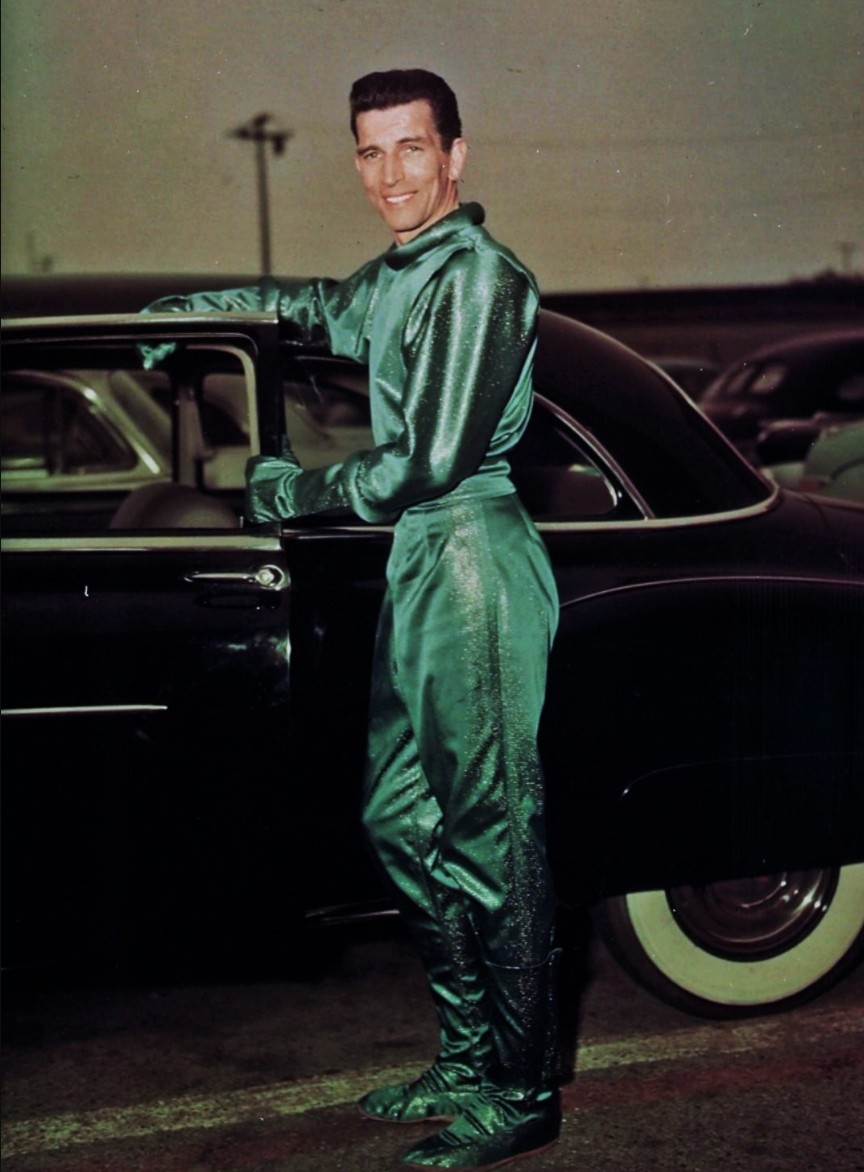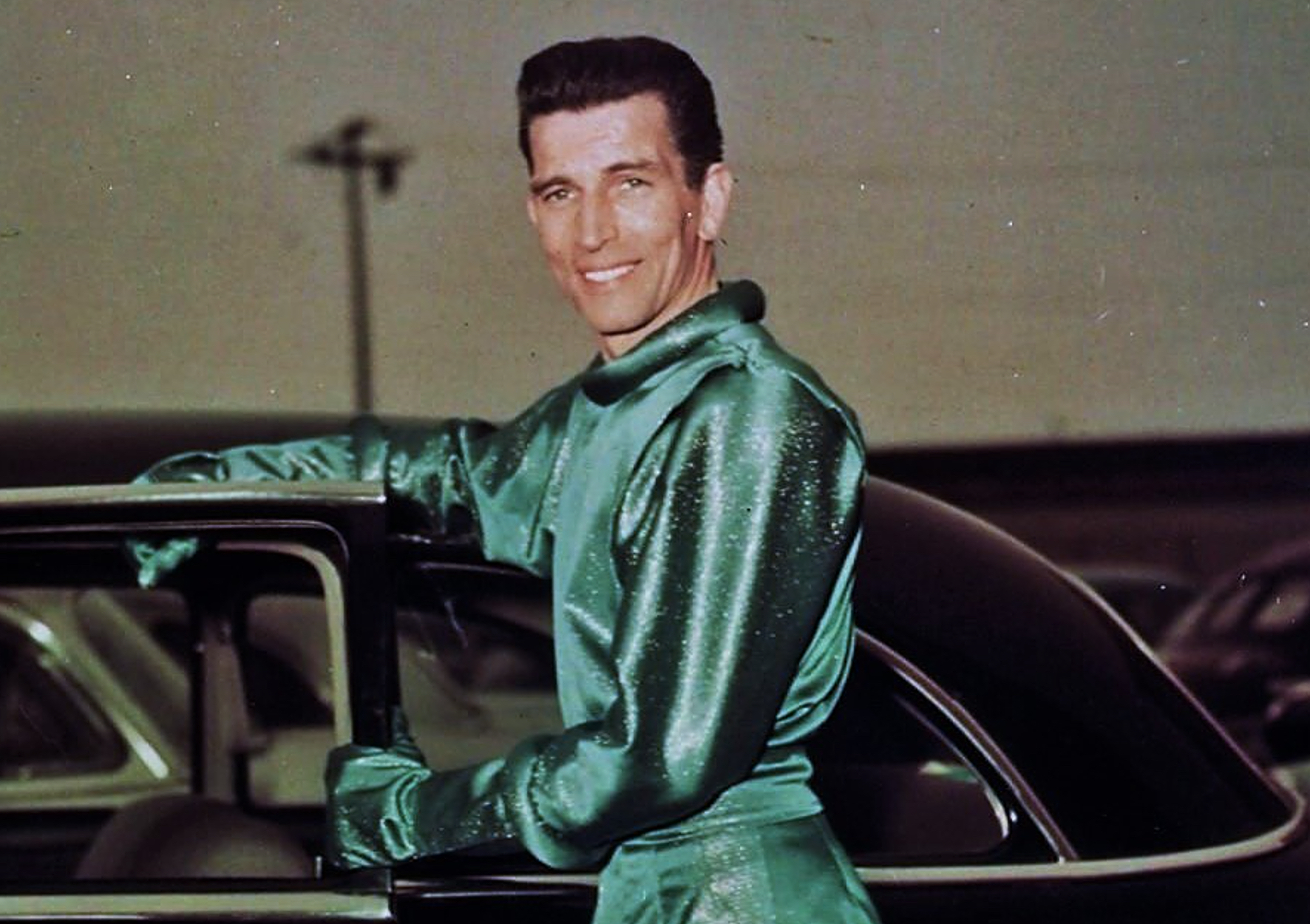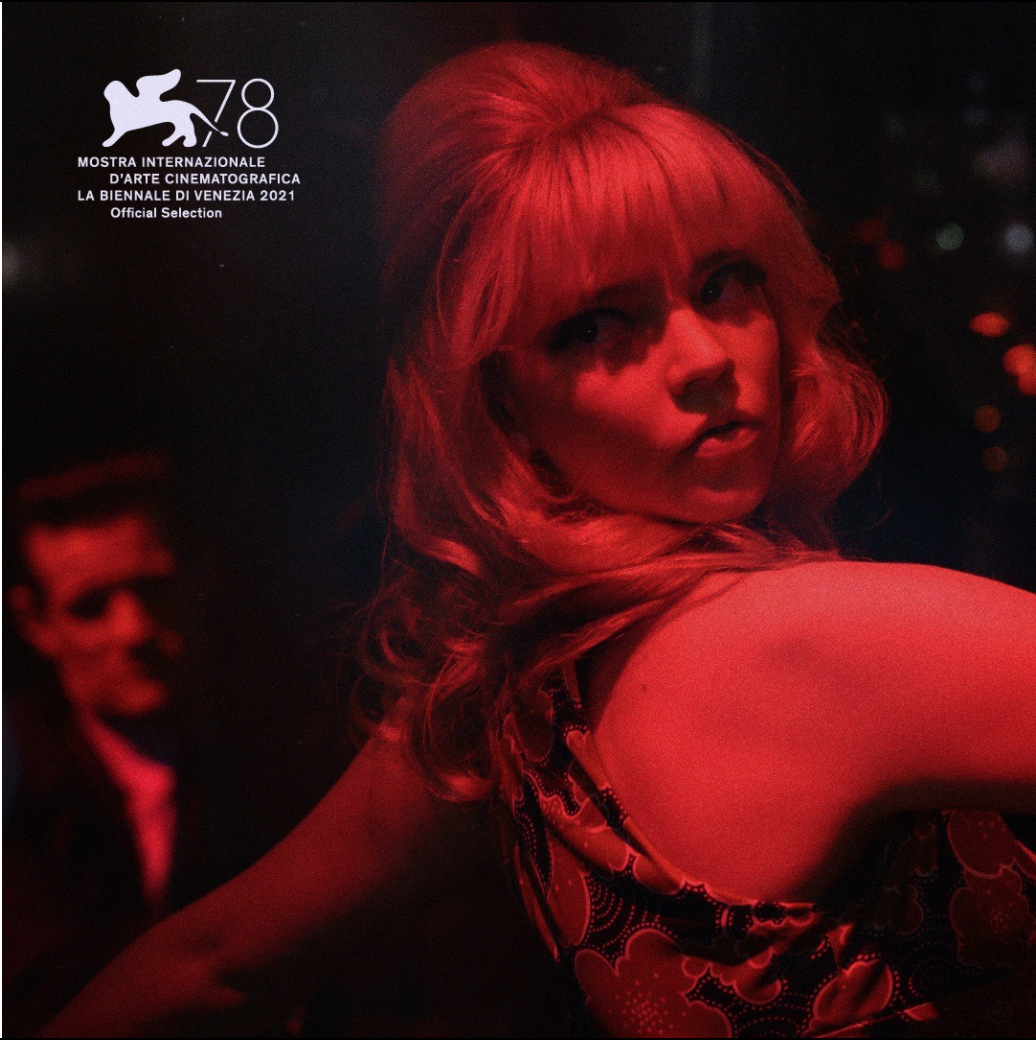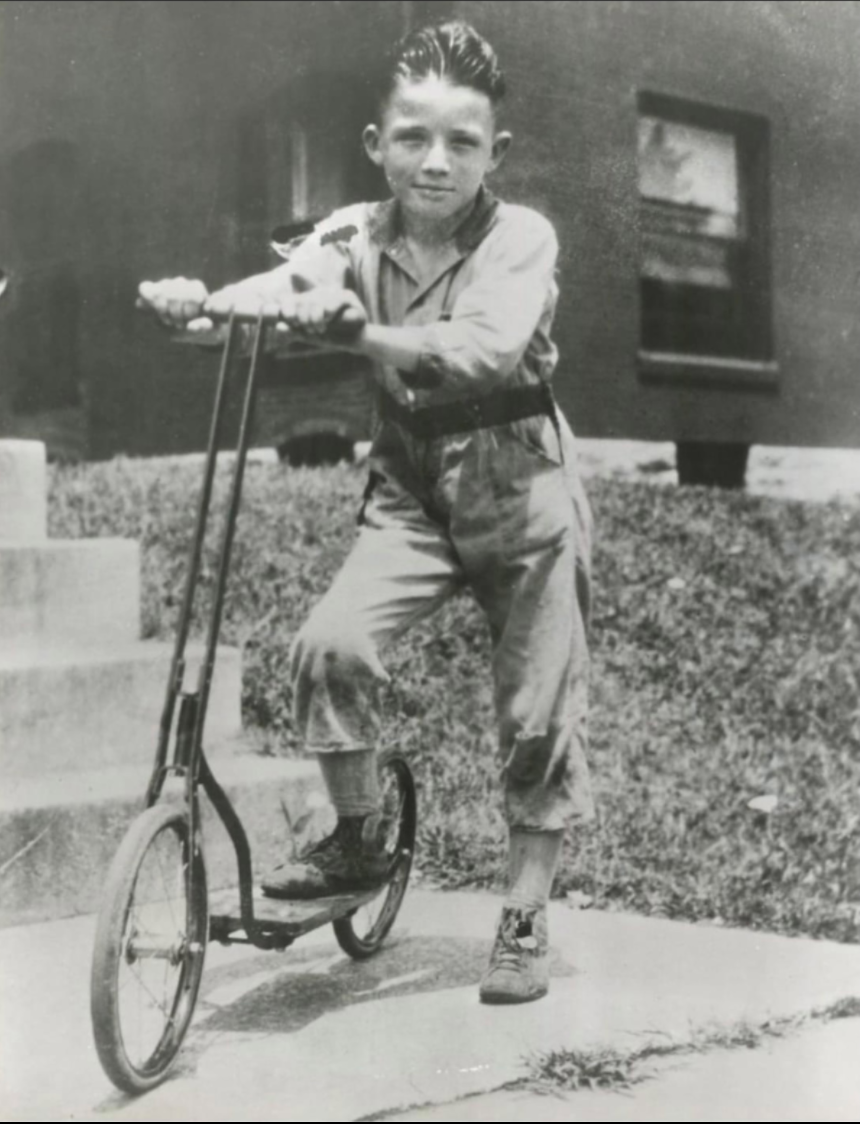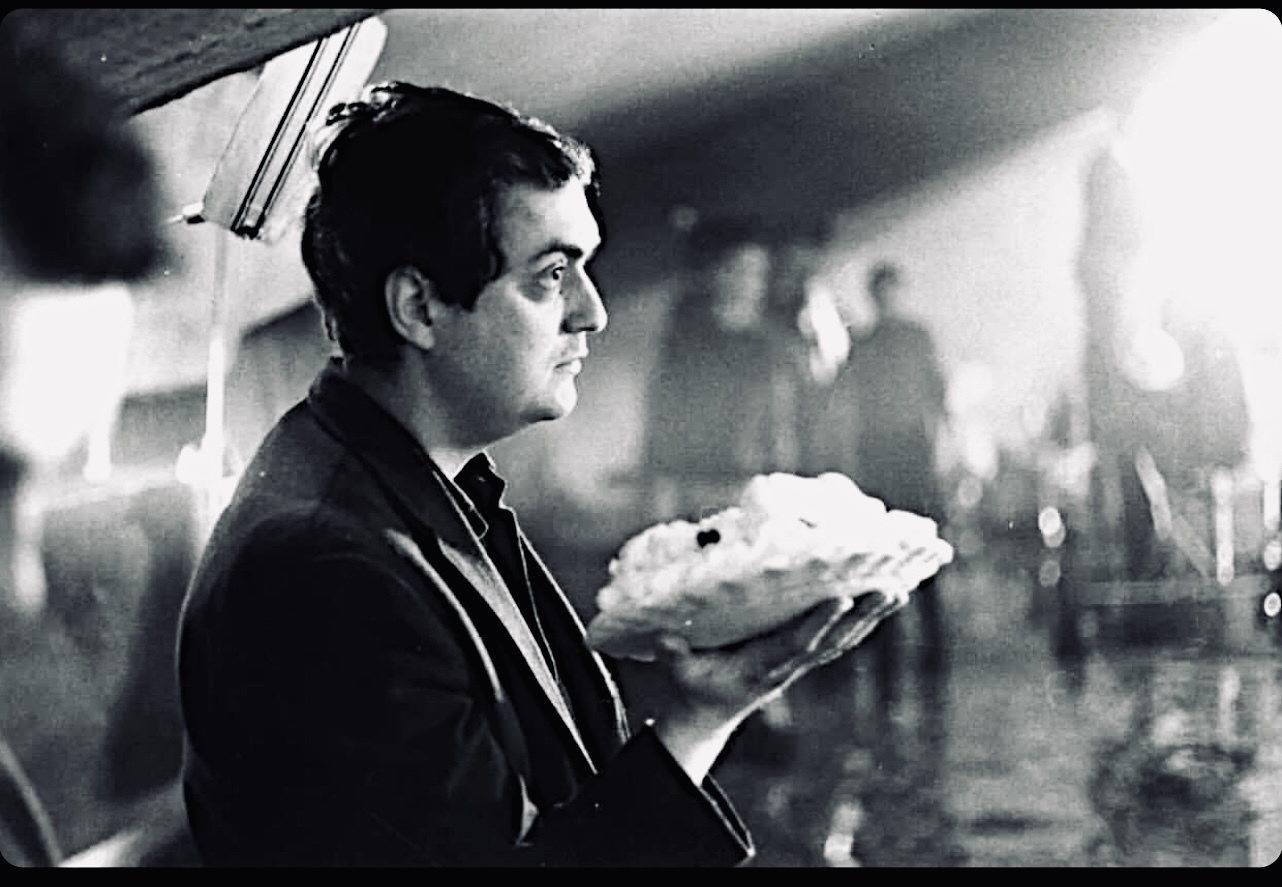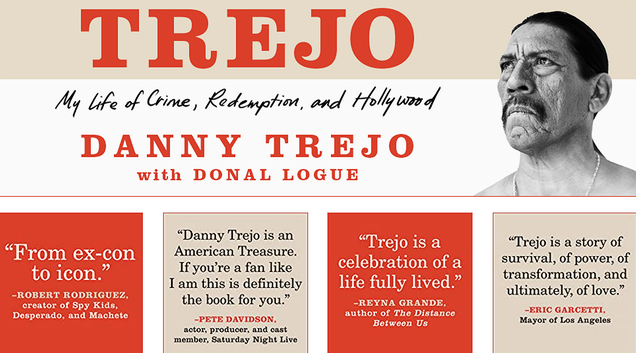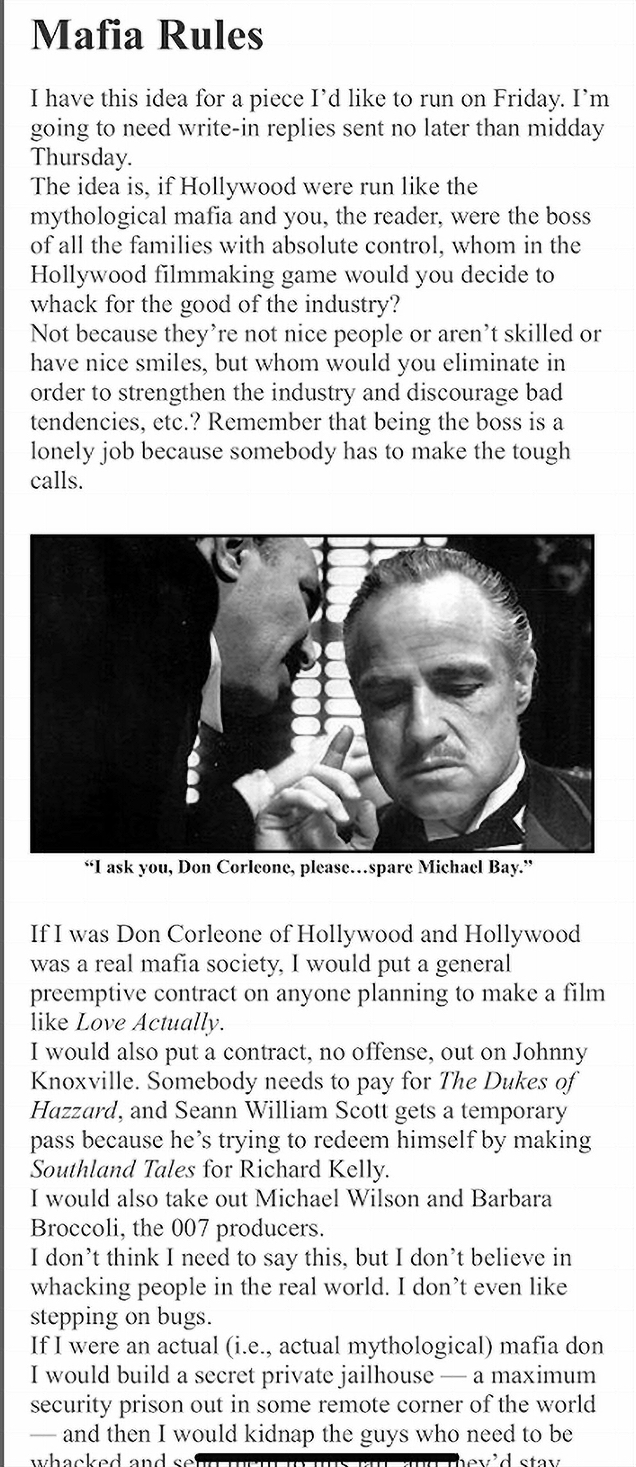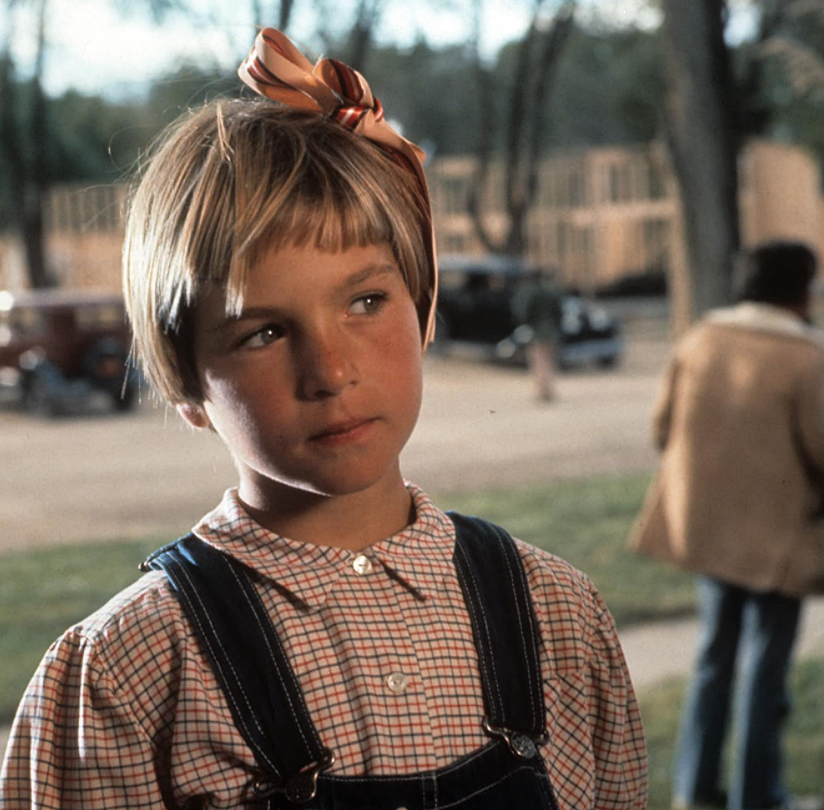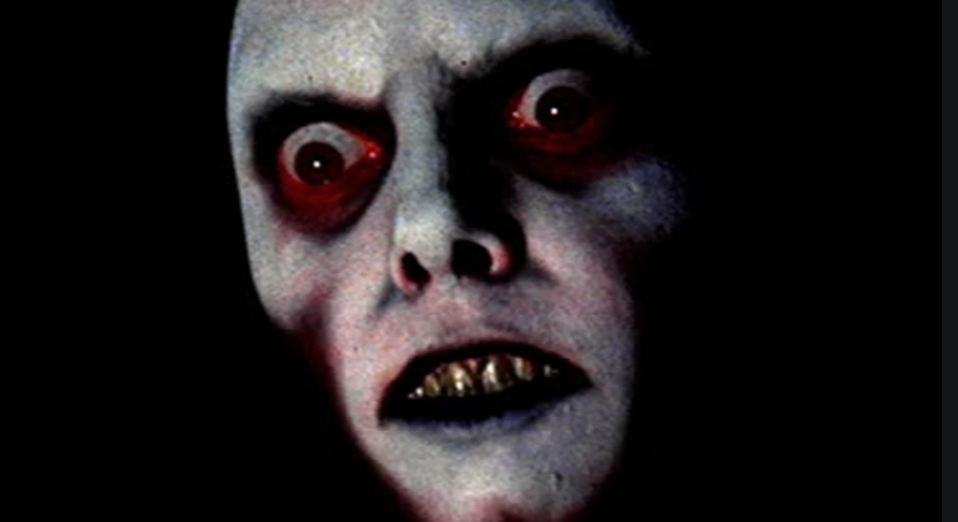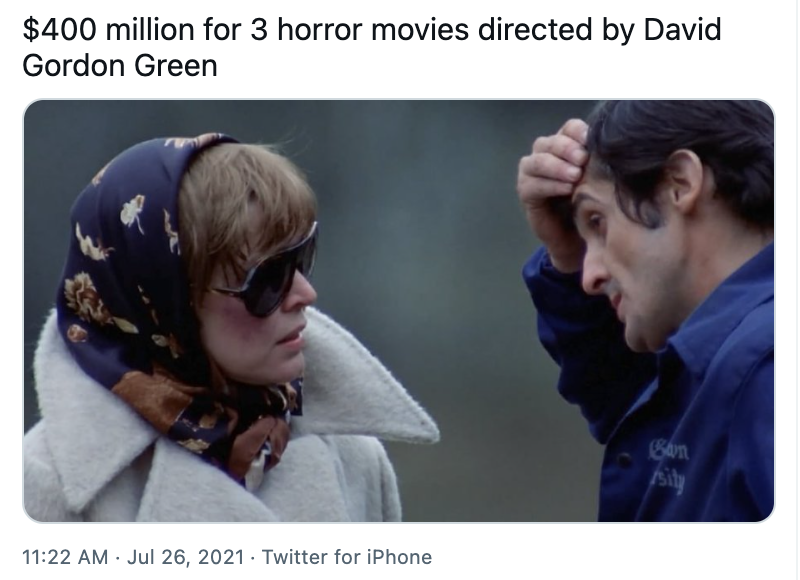Most of us are attuned only to life’s tangibles — food, shelter, warmth, money, clothing, pets, guns, cars, shoes, homes, furniture, trees, hills, mountains, oceans, swimming pools, sailboats. Things we can see, touch, smell, eat, wear and dive into.
But others, fortunately, are also mindful and in some cases stirred or motivated by invisible things — thoughts, feelings, spirits, ghosts, dreams, intuitions, morality, melancholy, premonitions, memories.
Any filmmaker can focus on the tangibles. Most of them do, in fact. Movies that are strictly about tangibles are “mulch” movies, a term that I defined earlier this month. Mulch is the source of our shared Hollywood ennui…the muck at the bottom of the dried-up lake…the disease that keeps on infecting…the gas that fills the room.
Except for a smattering of elite, award-season stand-alones (or festival movies) and select forthcoming streamers like HBO’s Scenes From A Marriage (Bergman remake), Hollywood makes almost nothing but mulch these days. The streaming + re-emerging feature realm is flooded with mulch…empty, inane, meaningless, spirit-less, jizz-whiz “content” crapola that nobody wants to see or cares about, but they’re made anyway because the zone-outs and knuckle-draggers need stuff to watch.
But only serious directors are able to convey or dramatize the presence of invisible things. The finest films are actually concerned with a mixture of tangible things, which is natural and inevitable in any corner of life, but are driven by the invisibles.
And the best of the best almost never articulate in so many words what the invisible currents or particles are about. They hint at them or nudge audiences into considering or meditating upon their presence, but they never say “these are the things that really matter.” The great films always say “you figure it out…you put it together.”
The more a film is focused upon or at least mindful of the invisibles, the richer and more accomplished it is. And the more moving, of course,

